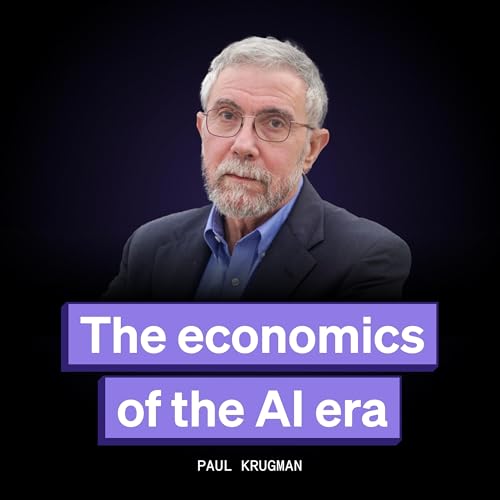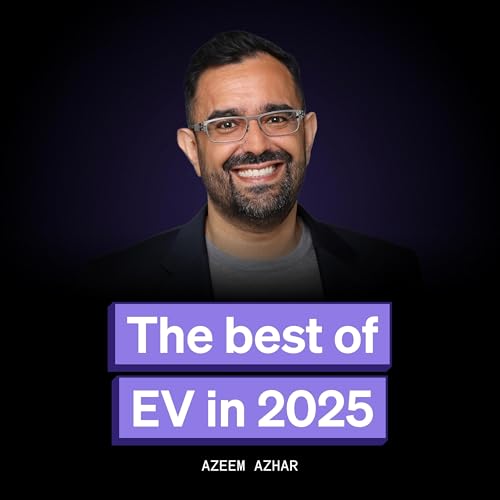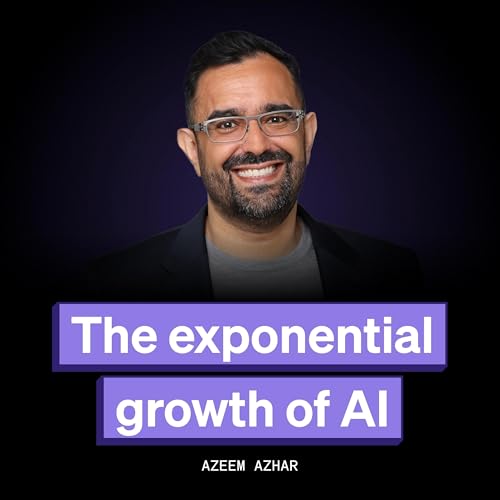Welcome to Exponential View, the show where I explore how exponential technologies such as AI are reshaping our future. I've been studying AI and exponential technologies at the frontier for over ten years.
Each week, I share some of my analysis or speak with an expert guest to make light of a particular topic.
To keep up with the Exponential transition, subscribe to this channel or to my newsletter: https://www.exponentialview.co/
------
In this episode, Nobel Prize-winning economist Paul Krugman and I discuss how a strong US economy, high asset valuations, and rapid AI adoption are sitting in uneasy tension. We explore what past technology cycles can teach us, why safety nets struggle to address disruption, and where genuine optimism still makes sense.
This is a January 2025 rerun, which remains strikingly relevant today.
We covered:
(01:09) State of the US economy
(02:28) "That end of 1999 feeling"
(05:08) Insights and lessons from the dotcom bubble
(09:57) Why today's market is different
(13:44) Understanding AI's role in labor displacement
(16:05) Are LLMs "souped-up autocorrect"?
(20:14) How job displacement erodes communities
(23:40) 2025's looming threat of tariffs
(26:16) AI's surprising impact on globalization
(30:15) Can markets address inequality?
(33:06) The maximum level of sustainable national debt
(36:31) When should the Fed raise interest rates?
(38:57) The need to revitalize local economies
(44:53) Did Paul's 2025 predictions come true?
------
Where to find me:
Exponential View newsletter: https://www.exponentialview.co/
Website: https://www.azeemazhar.com/
LinkedIn: https://www.linkedin.com/in/azhar/
Twitter/X: https://x.com/azeem
Production by supermix.io and EPIIPLUS1
Production and research: Chantal Smith and Marija Gavrilov.
Hosted by Simplecast, an AdsWizz company. See pcm.adswizz.com for information about our collection and use of personal data for advertising.
 16 分
16 分 55 分
55 分 33 分
33 分 47 分
47 分 25 分
25 分 22 分
22 分 24 分
24 分 24 分
24 分
